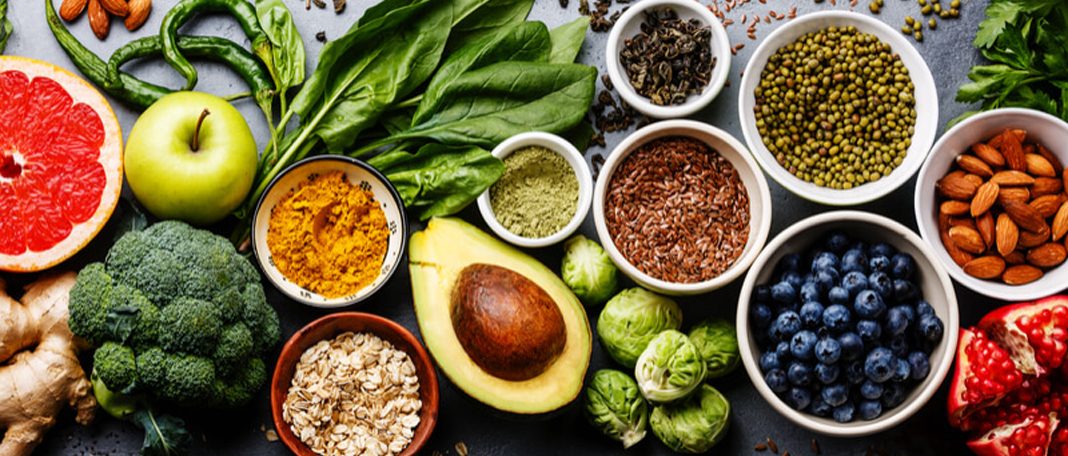Flavonoids are nothing but phytochemicals that are abundant in certain plant foods. They have a huge impact on our behavior and cognition. Hence, flavonoid intake can affect our memory and learning. They can be divided into six subclasses, and each of them can be found in different plant foods.
| Flavonoids Subclasses | Food Sources |
| Anthocyanidins | Blackberries, blueberries, aubergine, cranberries, cherries, red cabbage, red wine |
| Flavan-3-ols | Green Tea, apples, grapes, pears, cocoa |
| Flavanones | Grapefruit, limes, oranges, lemons |
| Flavones | Parsley, peppermint, fenugreek seeds, rosemary, black tea |
| Flavonols | Onions, apple, broccoli, black tea, blueberries |
| Isoflavones | Soybeans, chickpeas, milk, raisins, coffee |
Many researchers say that flavonol-rich foods can lower the risk of Alzheimer’s, cognitive decline and increase brain functions.
What Is Cognitive Decline?
Having trouble remembering, learning, concentrating, and decision-making may affect the afterlife, known as Cognitive decline in simple words.
Signs of Cognitive Decline:
- You tend to forget important events and conversations
- You have trouble remembering the directions of a familiar environment
- You become more impulsive
- You may feel overwhelmed to make decisions or plans
- You might not be able to organize your tasks properly
The cognitive decline may get worse with age, or it may eventually get better.
What Are Flavonols?
- Flavonols are a class of flavonoids. They are mostly present in the outer and aerial tissues and are responsible for giving the fruits and vegetables their bright colors.
- Many studies show that eating flavonol-rich food can control cognitive decline as people age.
- In a study, it was also found that those who consumed foods with flavanols had increased blood flow to the brain.
Participants: 18 healthy individuals.
Trail 1: Cocoa drink with 681 milligrams of flavonols was given.
Trail 2: Cocoa drink with 4 milligrams of flavonols was given.
After around two hours of consuming foods with flavanols, the participants were asked to inhale a high concentration of carbon-di-oxide in order to increase the blood flow above normal.
Result: The brain oxygenation speed was measured and administered a set of mental tasks to assess their cognitive performance. It was found that the participants who consumed foods with flavanols(higher level) had faster brain oxygenation responses and scored higher on the cognitive tests when compared with lower mounts.
Conclusion: The scientists concluded that foods with flavanols could increase the blood flow to the brain’s prefrontal cortex responsible for planning and decision.
Other Ways to Reduce the Risk of Cognitive Decline
Besides consuming foods with flavanols, you can also follow the below activities to increase your brain health and lower the risk of cognitive decline.
Exercise
There are several reasons why you should involve in cardiovascular exercises. They elevate your heart rate and increase the blood flow to the brain and body.
Learn Something New
Take up any class in the local library or institutions or an online course. Keep your brain active and engaged in something. Your cognitive decline may improve eventually.
Quit Smoking and Alcohol
Eat the right food. Include more fruits and vegetables in your diet to help reduce the risk of cognitive decline.
Have Enough Sleep
If you do not get enough sleep, your brain may not function properly, leading to an increased cognitive decline risk. Involve in activities you love. Keeping your brain engaged in activities you like doing may also reduce your risk of cognitive decline.
Socialize More
Lunch with friends and family, a night out with your loved one may help you stay socially engaged.
These are some important tips you can follow to prevent and reduce the risk of cognitive decline.
However, scientists say that to find out the accurate connection between flavonols and brain health might need more team effort and research.


















